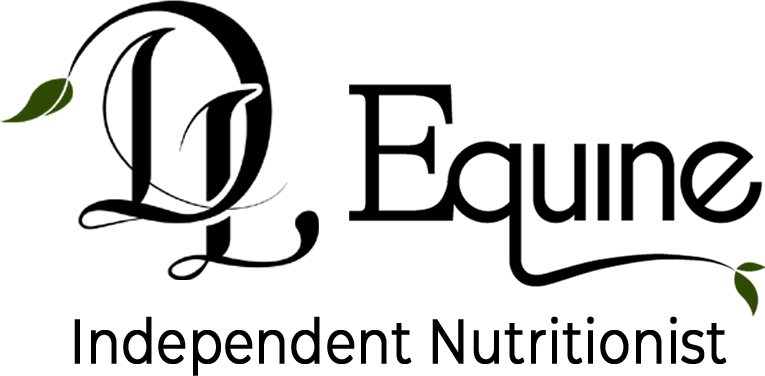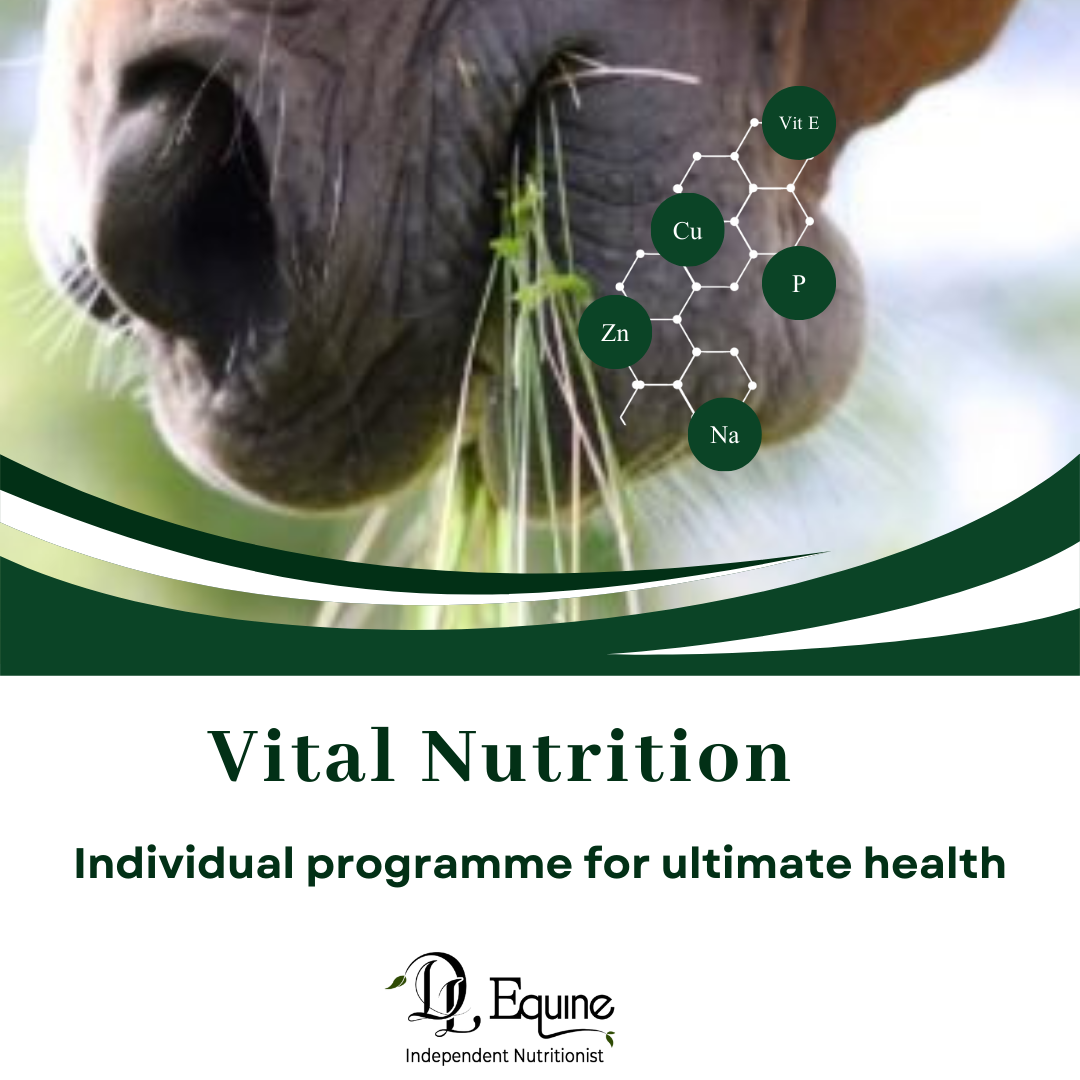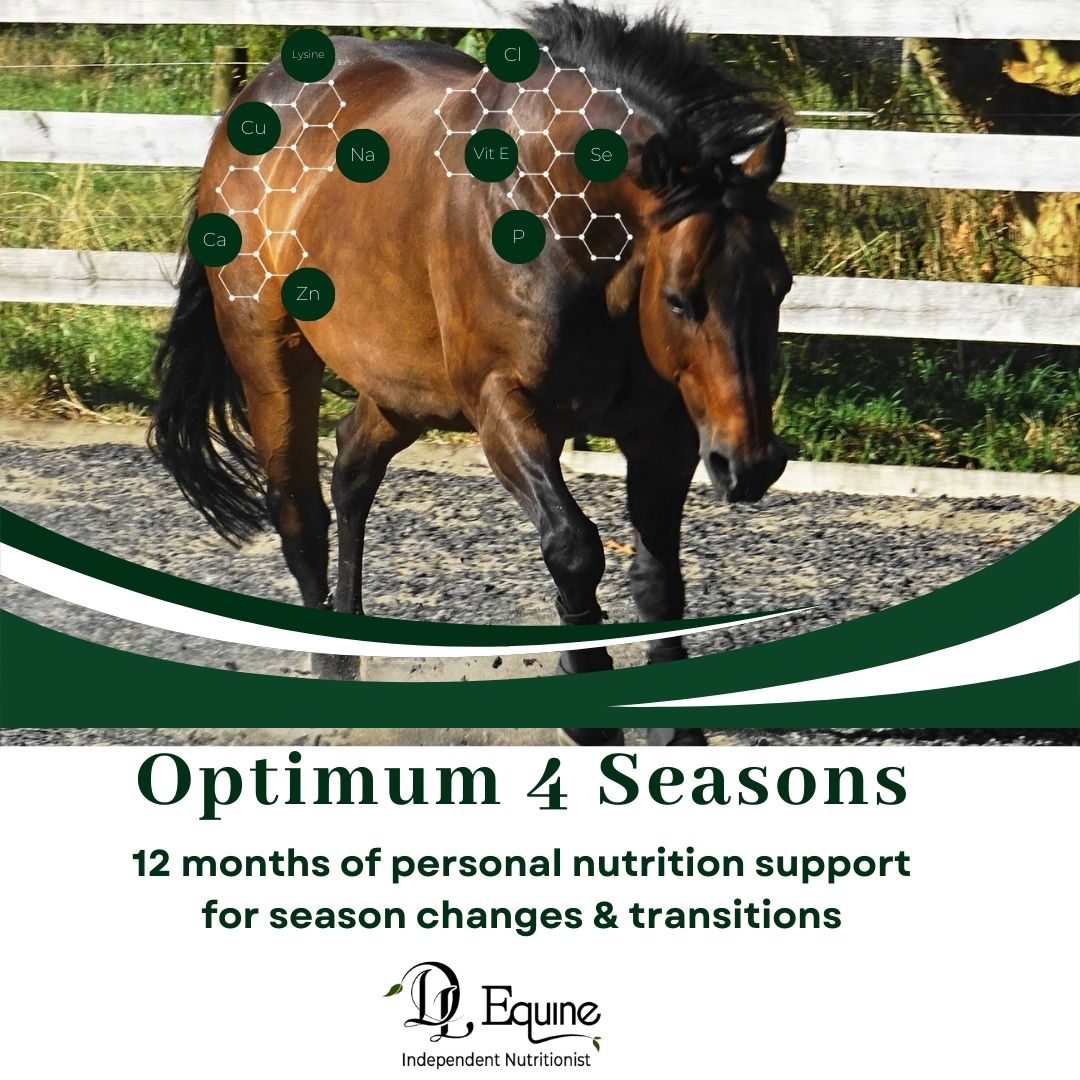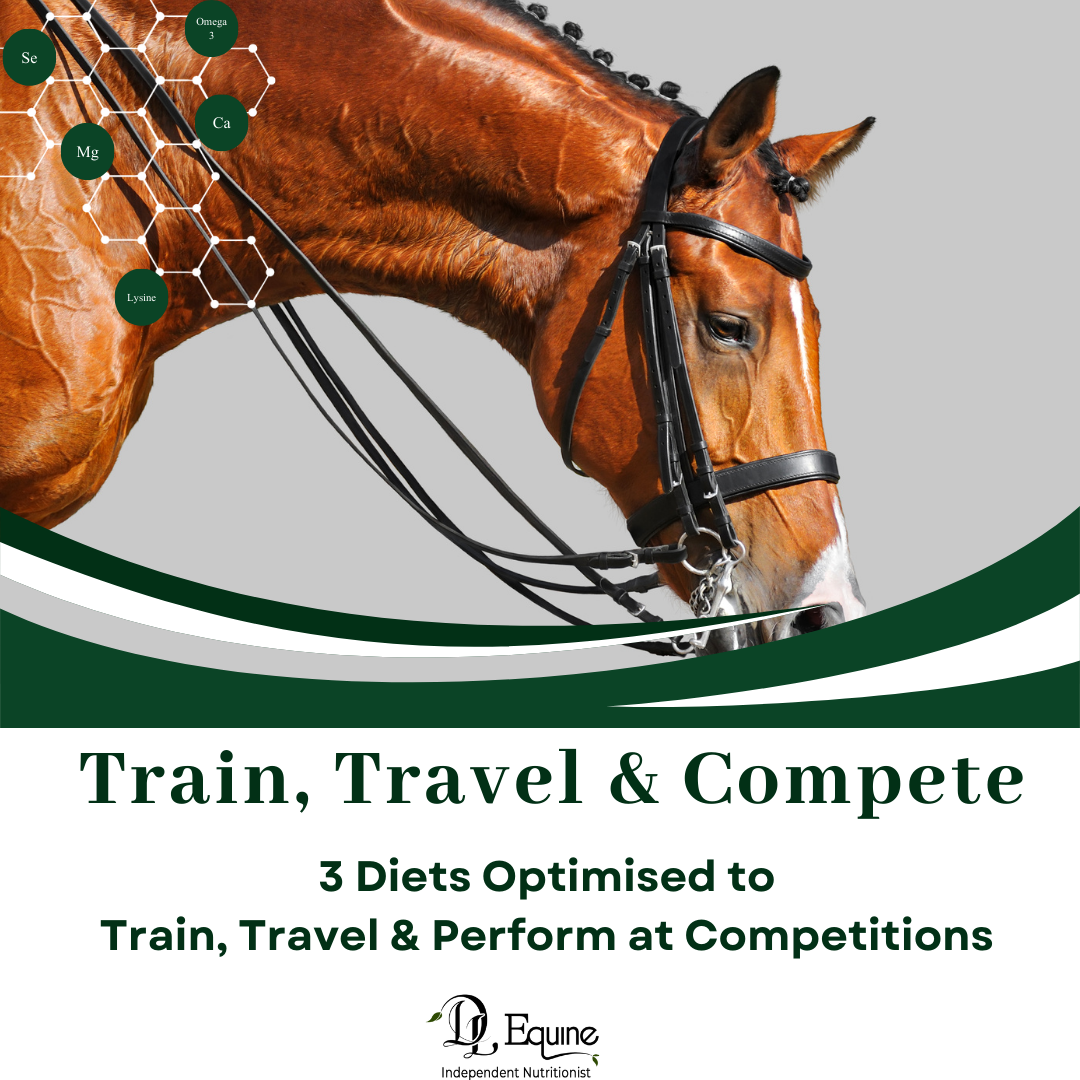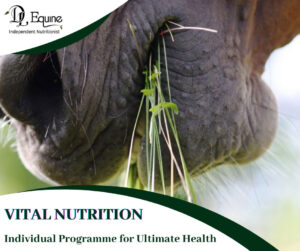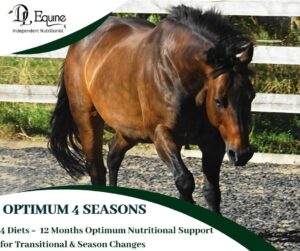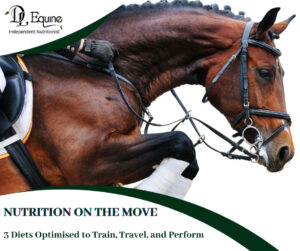As summer has faded and we move thru a gorgeous Autumn now is a good time to carry out some autumn health and management checks to help prepare your horse for the winter months.
EVALUATE YOUR HORSES CONDITION:
Asses your horses body condition TODAY so you can make changes Before winter arrives.
See the Henneke Body Condition Score system. https://en.wikipedia.org/wiki/Henneke_horse_body_condition_scoring_system
For horses that are underweight additional calories will need to be added for weight gain, this can be done in the form of, higher calorie chaff/ hay such as lucerne, added fats and oils, or super fibers, such a beetpulp, lupin hulls and soy hull products which provide calories without excessive amounts of starch or sugar, lastly you could feed higher calorie concentrates particularly something containing full fat soybean meal. Speak to a me to ensure the right option is selected for your horse.
For those that are overweight Autumn and winter can be a good time to help your horse drop. However, always use a mineral balancer to ensure all the daily essentials are provided without the calories, as even good hay and grazing can be deficient in nutrients.
Weight gain or loss should be done very slowly in horses, don’t upset that microbial system in the gut and ALWAYS feed forage!
DENTAL CHECKS:
A yearly dental check is recommended for all horses and Autumn is a great time to do this, to ensure that going into winter your horse can chew correctly and thus make the most of his diet in order to sustain body condition over winter.
Older horses and those with teeth issues may need more regular check ups.
The reality is the best nutrition in the world won’t help a horse with bad teeth!
PASTURE CONDITIONS:
This will be largely dependent on your area, as for some, Autumn signifies the dwindling of grass growth while for other areas an increase in rain Autumn produces a flush of new grass before winter sets in.
In areas where grass is sparse consider introducing more hay to your horses in the paddock. Additional hay also helps to support the drop in nutritional value of pasture during winter months.
Pasture has a much higher water content than hay and so by adding more hay, water intake is reduced. Giving the horse time to change over slowly to a higher forage-based diet will give them time to alter their drinking habits in order to consume more and help reduce the risk of impaction colic.
Don’t forget salt, even in the winter a horse has a daily requirement for sodium and chloride, most especially on those days that you couldn’t remove their cover and they sweated up in the sun!
Calculate and ensure you have adequate supplies of hay as stocking up will not only help you avoid the higher winter prices but ensure you have enough to last you through the winter months.
Remember horses should receive at least 1.5% (some require closer to 2%) of body weight per day in additional roughage. Your pasture will contain a lot of water, so you need to add fibre to their diet to make up the forage (dry matter) requirement that keeps the gut happy.
You may consider adding additional roughage support to the diet by using chopped hay, hay cubes/pellets and or beet products. Ensure your storage area is pest free and protected from the elements to guarantee your hays longevity.
BEWARE OF LAMINITIS:
I feel like this should always be in big red flashing signs at this time of year!
For those living in areas where rains return in Autumn causing a flush of grass growth be aware that this grass flush can be as risky as spring grass for horses at risk from laminitis.
Pasture grasses contain high levels of soluble sugars and WSCs (water soluble carbohydrates) during their active growth phase. When cold temperatures cause growth to cease, the sugar cannot be utilized as fast as it is produced and so it accumulates in the plant in an attempt to fuel regrowth.
For horses prone to laminitis, restrict or avoid grazing when night temperatures are below 4 degrees Celsius, followed by sunny days as the colder nights will prevent the plant from using its sugars leading to higher levels of WSC in the day. Graze carefully in the very early hours of the morning (as early as you can make yourself get up 😉).
For all horses there is a seasonal increase of the hormone ACTH from @mid-March through May or June. This rise is related to changes in hormone activity ultimately responsible for winter coat growth.
The problem in horses with Cushings (PPID) is that this seasonal ACTH rise generates levels much higher than normal. This is a concern as ACTH stimulates the adrenal gland to produce cortisol and long-term elevated cortisol puts vulnerable horses at high risk for Autumn laminitis and/or insulin resistance.
This is why I have recommended many of you test your horses for Cushings during this time in order to avoid long term issues.
In fact this is a great time of year to get that pasture analysis done to know exactly what your horses are eating!
Assess areas of your pasture that you know become muddy (like gateways) and either tape off those areas or place a covering (such as wood chips or a commercial pad) to help manage mud in these areas, also helping stop your horses standing in mud which can be a source of hoof infections.
MATCH DIET TO EXERCISE:
Ensure that your horses diet matches this workload. Some of us having this Indian Summer have had wonderful continued riding weather but as we near the rainy/ muddy season our horses may get less exercise and so the diet would need to be matched to ensure excessive weight gain and/or behavioural changes are not seen.
For those of you keeping your horses in work and performing regularly (I take my hat off to you 😊) make sure your diet accounts for the drop in nutritional value of pasture and that additional supplementation is provided if necessary.
VACCINATIONS:
Any vaccinations will depend largely on age and horse’s risk level, such as mixing with other horses at competition, so discuss options with your veterinarian to ensure your horse is properly covered.
PARASITE CONTROL:
As grasses get shorter the closer we get to winter, parasite loads tend to increase as horses graze closer to manure and this places even more importance on parasite control including deworming.
Fecal egg counts are suggested to provide a program that works for your situation and geographical area as well as reducing the risk of drug resistant parasites. Remember a FEC will only be giving you numbers of small Strongyle and Ascarid eggs.
Large numbers of worms can cause issues such as hind gut (Inflammatory Bowel Disease) and colic.
If you have any concerns about your horse’s diet or condition this autumn do not hesitate to reach out. I’m here to help!
